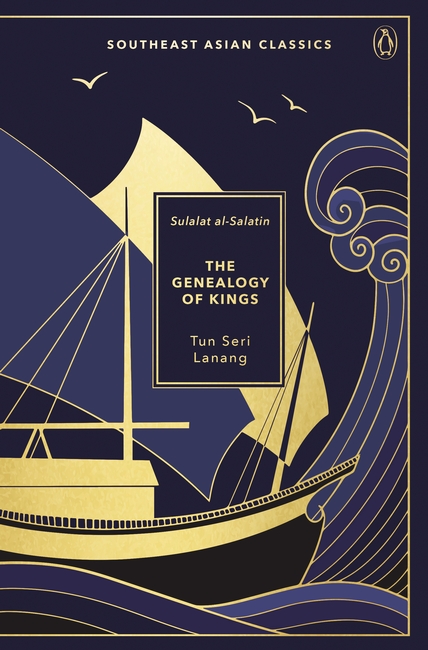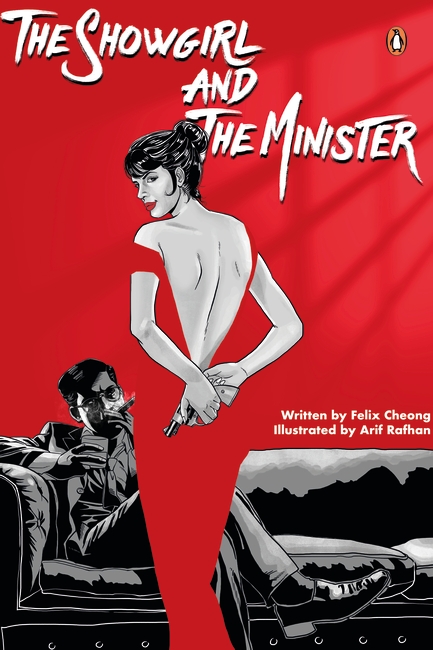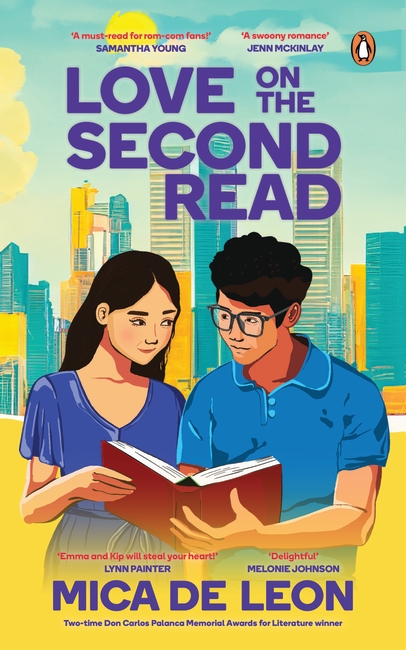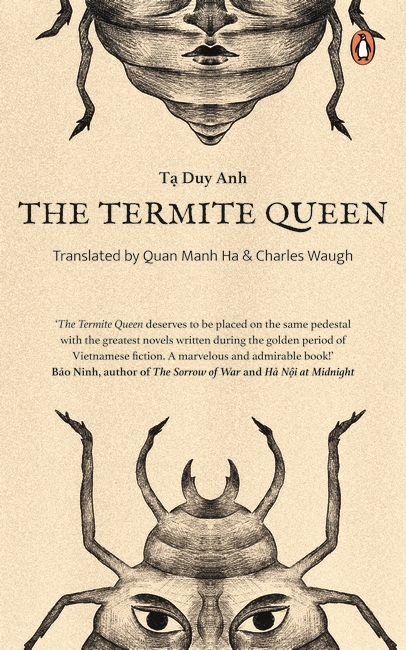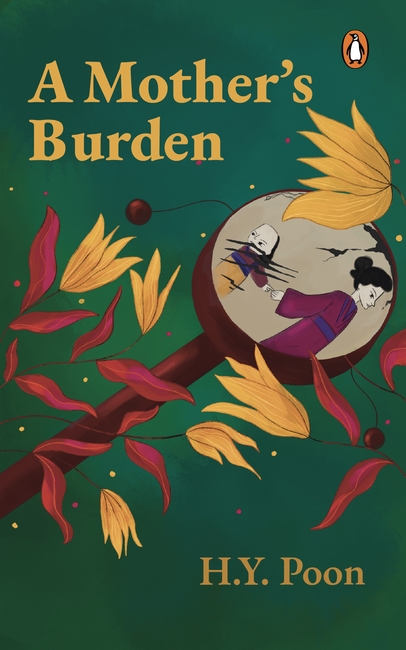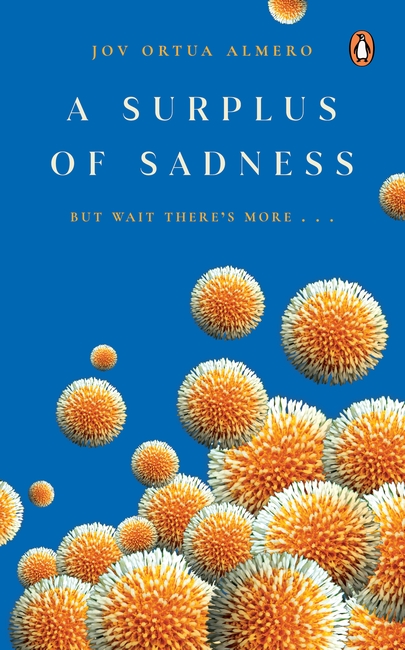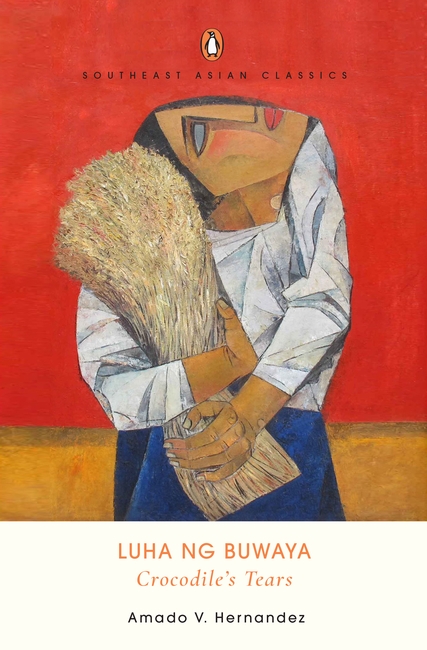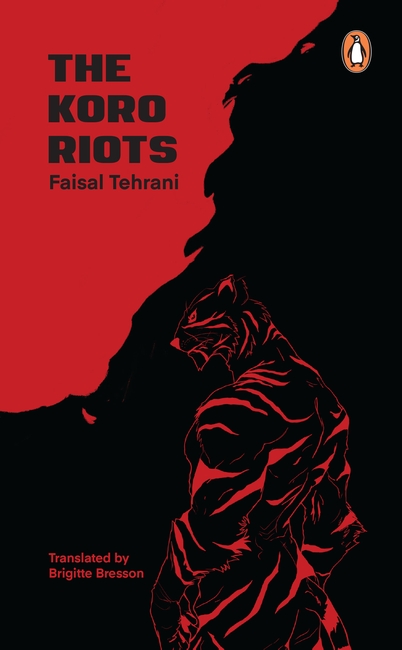A history of the Malay Peninsula and the islands of the Archipelago
In a collector’s edition, The Genealogy of Kings (Malay: Sulalat al-Salatin or Sejarah Melayu), is a literary
work that gives a traditional interpretation of the origin, evolution and demise of the great Malay maritime empire, the Malacca Sultanate. The work which was composed sometime between the 15th and 16th centuries, is considered one of the finest literary and historical works in the Malay language.
In 2001, The Genealogy of Kings was listed on UNESCO’s Memory of the World Programme International Register. The work covers the founding of Melaka and its rise to power; its relationship with neighbouring kingdoms and distant countries; the advent of Islam and its spread in Melaka and the region as a whole; the history of the royalty in the region including battles won or lost, marriage ties and diplomatic relationships; the administrative hierarchy that ruled Melaka; the greatness of its rulers and administrators, including the
Bendahara Tun Perak and Laksamana Hang Tuah.
Catagory: Fiction
The Showgirl and the Minister
Sydney, 1966. Flower power is in full swing. The Cold War is at its height.
Somewhere in Kings Cross, Singapore’s former Chief Minister Lim Yew Hock is missing. Now the Malaysian High Commissioner to Australia, he had left his home in Canberra without a word of where he had gone.
Is he dead? During his reign as Chief Minister, he had cracked down hard on the Communists, and they will want to settle scores with him.
Is he in hiding from mounting debts? Lim is known for his punts on the horses on weekends.
Or is he mixed up in Cold War espionage? One of his ministers, Chew Swee Kee, was alleged to have received money from the CIA – and there’re rumours Lim had his share of it.
And how is a 19-year-old stripper, Sandra Nelson, Russian by birth, involved in this shady business? Is she Lim’s honey trap?
Private detective Dave Chen has to unravel these tangled knots of political intrigue and personal trauma – and confront his own demons.
Written in poetic form by Felix Cheong and wonderfully illustrated by Arif Rafhan, The Showgirl and the Minister is inspired by the real-life disappearance of Lim over ten days in 1966.
Sudden Superstar
What happens when one goes from obscurity to celebrity, overnight?
Thirty-year-old Arya Alvarez is a travel manager at Isle Z, a luxury travel company in Singapore where she creates bespoke trips for celebrities and influencers. Discretion is her specialty at work and personal life: few people know that she’s fled her home city, Manila, to get away from the scene of a devastating break-up.
When she travels to Svaneti, in the Republic of Georgia, Arya briefly encounters the mysterious Dave in a remote village high up the Caucasus mountains. Intrigued, she posts his photos on Instagram-which goes viral the very next day. Turns out, Dave is Davit Nadibaidze, a famous yet reclusive artist who’d retreated from the public five years ago and Arya is the first person to see him since he disappeared.
In less than 24 hours, Arya gains hundreds of thousands of followers. She’s deluged with invitations to talk shows, influencer parties, and celebrity junkets, all as her social media apps overflow with DMs, tags, and comments, both nice and nasty. Men are suddenly vying for her attention, including her ex, Jake.
Arya tries her best to step up, but she also struggles. What she really wants is to finally get over her painful break-up, find herself and a fresh start. But can she really, when she’s caught in this complex whirl of viral fame?
Love on the Second Read
Emma Morales, tenacious romance book editor and proud cat lady, knows romance, but love? Nope. Thank you very much.
Enter nerdy science fiction and fantasy editor Kip Alegre, who quotes JRR Tolkien for breakfast and knows heartbreak all too well.
When Emma gets a career-changing sci-fi romance manuscript which may just save their publishing house from folding, she knows she must work with Kip if she wants to succeed.
Sounds simple enough, right? But when the well-meaning meddling best friends, an obsessive ex-boyfriend, and a beautiful ex-fiancée get into the picture, the job doesn’t seem so simple anymore. What starts out as a friendly-flirty-literary smackdown between Emma and Kip by quoting authors from Emily Henry to Brandon Sanderson grows into something deeper than either of them had signed up for.
The deal was to edit the book, not their lives.
Emma and Kip may be willing to read the manuscript over and over again, but will they be willing to give love a second read?
The Termite Queen
Burrowing deep inside the tension-filled relationship between contemporary Vietnam’s hyper-capitalist society and its communist government, Ta Duy Anh’s The Termite Queen tells the Kafkaesque story of a young man who must expose the corruption of a vast network of murky figures profiting from their connections to power. Banned in Vietnam, this allegorical story is told by Viet, a native-born Vietnamese who takes over his deceased father’s powerful land development corporation. The funeral hasn’t even concluded before Viet suspects foul play, as one clue after another leads him to question everything he thought he knew about his father, their family business, and its incredible ability to get approval for projects with dubious societal and environmental returns. With the Termite Queen, Ta Duy Anh cements his reputation as one of contemporary Vietnam’s greatest fabulists, having filled this tale with criticisms that can only come from a deep and abiding love for his country.
A Mother’s Burden
A mentally-disabled boy is found dead in a small town. All signs point to his mother, a poor and ailing widow, as the one who caused his death.
But as Liu Yong, the lowly attendant of the magistrate, delves deeper, he finds that things may not be what they seem. The young man’s investigations take him to the unfamiliar territory of the Capital, where he must contend with naked prejudice, bent officials and powerful foes. For help, Yong turns to the enigmatic Beggars’ Sect, a network comprising street people of variable character: good and bad, righteous and criminal. There is little room for error. One wrong step could bring failure, or worse.
In a strict, hierarchical society, Yong needs to dig deep to find the truth against the odds and, in the process, discover his own worth.
A Surplus of Sadness
There’s no shortage of sadness. There’s no blaming those who succumb to omnipresent gloom. It’s today’s pervasive emotional climate.
However, there’s also enough laughter to go around. At least laughter that comes with a knowing wink, in camaraderie with the many prone to sadnesses.
This collection of 19 short stories hopes to make you laugh. That is: Despite the planet heating up. Despite the constant threat of fascism and disinformation. Despite empires disguised as good guys. Despite neoliberalism’s false promises and the ruthless competition it demands. Despite the persistent clout of capitalism, unrelenting in its dominion over life, over happiness.
Despite, perhaps, a lack of exercise . . .
By the end of the book, laughter finds a purpose, a place in the collective, aware of its rightful target. From sadness to laughter to indignation.
But wait there’s more.
Cheers.
Luha ng Buwaya (Crocodile’s Tears)
The novel is set in the town of Sampilong which is under the conjugal dictatorship of Donya Leona and Don Severo Grande. They control the wealth and power in the town and use the institutions of politics, Church and law for their own ends. The townsfolk are composed of farmers and people living in depressed areas. Bandong, a teacher, serves as their leader and adviser. He educates the people and tries to bind them together to fight the wealthy and greedy couple.
The novel has wonderful set-pieces that vividly show the gap between the rich and the poor-the feast in the house of the rich as opposed to the imprisonment of Andres, the slum-dweller; the wake and the setting up of the cooperative; the wicked ways of the people under the control of the Grande family and the corrupt politicians. The novel ends when the townsfolk discover that the Grande family does not own the land they are claiming as theirs. The townsfolk have awakened from their slumber and decide to change the unjust system. They now have a newfound faith in themselves and their capacity to change their lives and the destiny of their country.
The Koro Riots
The Koro Riots is a satire regarding the political struggle in an imaginary country called Hujung Manani, a former French colony in South East Asia. Its leader, Priapus, is a dictator. His wife Datin Lotis, uses black magic, namely the power of a weretiger. The narrative revolves around the Koro epidemic which occurs in this republic. It is a mental illness which affects men who believe that their penis shrinks into their body and disappears. The koro epidemic causes several small incidents, which later turn into riots. Eventually, the rebellion becomes a revolution, and the population of Hujung Manani overthrows the Dictator and his wife. These incidents are told from a variety of perspectives while adding background stories about politics in Hujung Manani. For this, the novel introduce several ‘disposable’ characters such as Kadir Mohamed, the former Editor in Chief of the Hujung Manani Tribune; Ashraf Wahidi, a celebrity preacher; and Psychiatrist Dr Cakravantin. The Dictator also has to face his political enemy who is the protagonist, named Pertiwi. She is a feminist, and in her nineties still succeeds in overthrowing Priapus, assisted by a Scientist (Badang) and Shulamit, his Jewish wife. At the end Pertiwi is killed by a suicide bomber named Zikir Baik while delivering a speech in the style of Martin Luther King. The struggle for democracy is carried on by Badang. However, Hujung Manani still faces threats posed by traitors like the Tycoon who is involved in a deep state.
Mami Suzuki: Private Eye
Beneath the sheen of its orderly streets and obedient populace, all is not well in the port city of Kobe. Business is as brisk as the Haru-ichiban spring breeze for Mami Suzuki, hotel clerk by day, private investigator by night.
Who’s stealing from Japan’s biggest pearl trader? Where’s the master sushi chef and why are his knives missing? How did the tea ceremony teacher’s brother really die? And what does an island of cats have to do with a pregnant Shinto shrine maiden?
From the Kobe wharfs to the rugged Japan Sea coast, the subtropics of Okinawa, and a remote island community in the Seto Inland Sea, each new adventure ends with a universal truth – that there are two sides to every story of misfortune.






